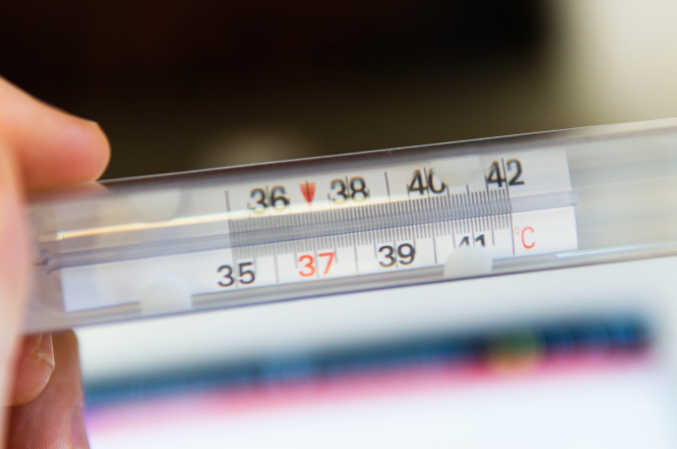COVID-19 Update September 6, 2020
- icshealthsciencejournal

- Sep 6, 2020
- 2 min read
Updated: Sep 13, 2020
This article contains:
Multisystem Inflammatory Syndrome in Children (MIS-C)
Multisystem Inflammatory Syndrome in Children (MIS-C)
Written By: Kandharika Bamrungketudom
Multisystem inflammatory syndrome in children is a new condition that is believed to be associated with COVID-19 infection. Although the definite cause of this new disease is not yet known, evidence suggests that children with MIS-C have been exposed to SARS-COV-2 to some degree.
This very rare condition appears in children, as well as some teenagers. Some of its symptoms are fever, abdominal pain, vomiting, diarrhea, neck pain, rash, bloodshot eyes, feelings of exhaustion, trouble breathing, chest pain or abdominal pain, confusion, inability to stay awake and bluish lips or face. MIS-C, although can be treated with proper medical care in most cases, can be serious and deadly in some other cases or if not given proper medical care.
As the name suggests, this condition can cause inflammation in several parts of the body including the heart, blood vessels, kidneys, digestive system, brain, skin, or eyes. Swelling, redness and pain often result from the inflammation.
Evidence which suggests the connection between MIS-C and COVID-19 is that many of the children who present symptoms of MIS-C have been infected with COVID-19 either in the past (many of whom had not shown symptoms for COVID-19 infection) or are infected with COVID-19 at the time of MIS-C diagnosis. An antibody test can be used to detect whether a person has been infected with COVID-19 in the past or not, even if the person does not show any symptoms of infection. Current infection of COVID-19 in children with MIS-C can also be detected with a swab taken from the back of the nose or throat.
A study was done by The University of Texas Health Science Center at San Antonio on 662 MIS-C cases worldwide. The findings show similarities between MIS-C and Kawasaki disease and toxic shock syndrome. Whether or not these conditions are related is being studied. In addition, the study also shows that many children went through cardiac-related damages and that children who are more obese face worse outcomes. A long-term study still needs to be done on the children infected with MIS-C in order to assess its level of long term damage to the body, especially to the heart.
Most children with MIS-C have to be treated at the hospital, where they will receive therapies which target the immune system to reduce the inflammation. Some anti-inflammatory drugs may be given to reduce inflammation in the infected organs. Although MIS-C is not a contagious disease, it should be noted that children with this disease may also have another form of contagious disease such as COVID-19; therefore, infection control measures will be used in treating MIS-C patients.
The same guidelines for COVID-19 prevention can be taken for MIS-C prevention. This guideline includes keeping hands clean by washing them often with soap or sanitizing hands with at least 60% alcohol, practicing social distancing, and wearing face masks.







Comments